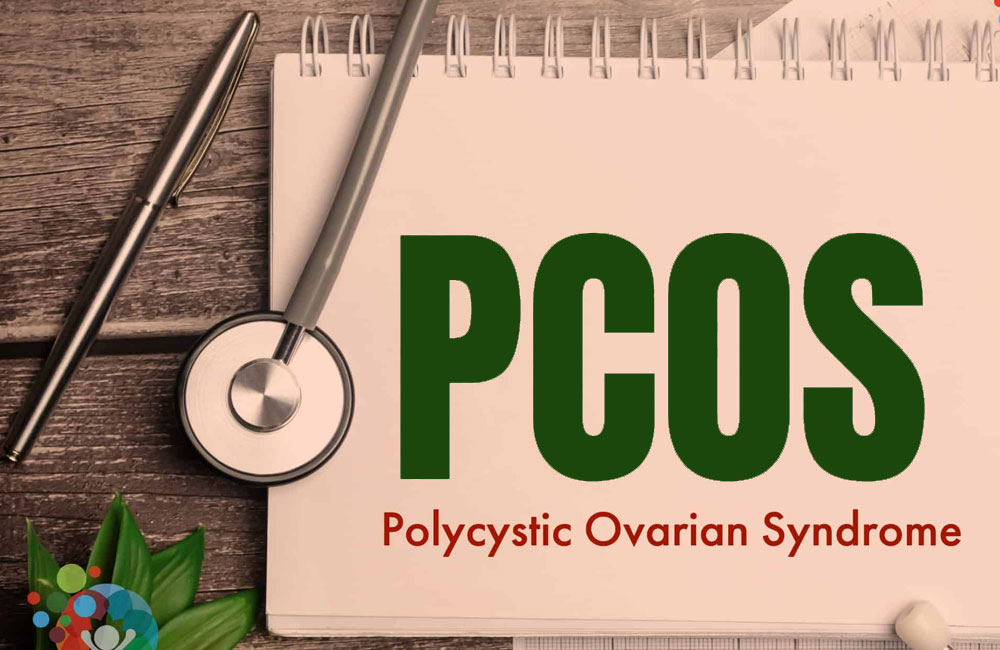
A very common endocrine disorder is Polycystic ovary syndrome, nearly six in every ten women have been affected with this disorder globally. This condition mainly affects a woman’s reproductive organs, and can cause hormonal imbalance. As a consequence of this hormonal imbalance, PCOS can create complications in fertility. In this article, we discuss the symptoms, causes, and diagnosis of PCOS.
What are the common signs and symptoms of PCOS?
A majority of women may begin to experience PCOS symptoms on the very first day of their menstrual cycle. While some may start to notice the symptoms at the time when they are missing a period without being pregnant and facing issues getting pregnant. The typical symptoms of PCOS are:
Who is more likely to get PCOS?
We all know that polycystic ovary syndrome only affects women. But some women are more likely to get this disorder.
What causes polycystic ovary syndrome?
Researchers still have not found out what the exact causes of polycystic ovary syndrome are. However, doctors believe certain factors, including genetics and environment, may be the reason for this disorder. The factors include:
How is polycystic ovary syndrome diagnosed?
To diagnose whether you have polycystic ovary syndrome, your doctor would ask about your symptoms, and your family’s medical history. After that they will have a general physical examination to check your body mass index, skin discoloration, excess hair growth on body, and will ask you about your menstrual cycle. Then they will suggest you:
After the diagnosis, the doctors would recommend birth control pills to help manage the menstrual cycle and other medicines to treat hormonal imbalances and get pregnant easily.